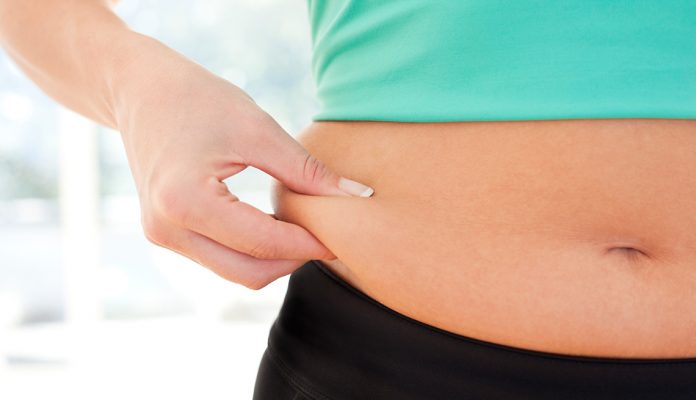Your body needs fat to function. But when there is excess fat that veers into obesity, it can expose you to a higher risk of developing heart diseases, kidney problems, and even cancer.
When it comes to your health, it’s not so much body weight that matters but more body fat percentage. So while measuring your waist circumference is one way to determine whether you are overweight or obese, it doesn’t necessarily indicate how much fat you have and how it’s distributed throughout your body.
Body mass index (BMI) helps by calculating your body fat percentage by taking into account water, fat, bone mass, and muscle mass. For example, a bodybuilder may have a higher BMI, but their weight most likely has a higher amount of muscle and bone, not fat.
Here are some tests that can accurately measure your total body fat compared with your waist measurements and BMI.
5 tests that can measure your total body fat
1. Hydrostatic (or underwater) weighing
This technique involves measuring your weight on dry land followed by measuring it in water. To measure your weight in water, you will be seated undressed on a chair that is halfway submerged in water.
According to the American College of Sports Medicine (ACSM), this is the gold standard for calculating body fat because of its high accuracy. However, it is time-consuming and requires special equipment that may not be available everywhere.
2. BOD POD
BOD POD testing uses the principle of air displacement plethysmography (ADP). During the test, you are enclosed in a computerized, egg-shaped chamber called a BOD POD. Before you enter the chamber, your body weight and volume measurements are taken. Then when you are in the chamber, your body fat percentage is calculated by measuring the amount of air your body displaces upon entering.
The BOD POD test is highly accurate and gives fast results. However, it needs technical expertise and can be quite expensive.
3. Dual-energy X-ray absorptiometry (DEXA/DXA) scan
A DEXA scan is a test that uses a low-dose X-ray to measure bone density. However, it can also provide measurements of body composition (including muscle and bone) and fat content in specific parts of your body. The scan generates a “fat shadow” image that shows the distribution of fat in the abdomen, arms, legs, and pelvis.
Not only does a DEXA scan provide fast results, but it is also widely accepted as the gold standard for obtaining a comprehensive analysis of body composition. However, the machine is only available in some hospitals and research institutions, where it is typically reserved for research studies and not for general public use.
4. Bioimpedance analysis (BIA) or body fat scales
A BIA test works on the principle that water and fat conduct electric currents differently. During the test, a small, harmless electric current is passed through the body. The speed at which current travels helps detect the amount of body fat. If the current travels slowly, this usually indicates a higher body fat percentage.
Similarly, a body fat scale is a handheld device that works on the same principle. The device uses an equation to calculate your body fat percentage. You just have to enter your height, weight, age, and gender. Body fat scales are available at fitness centers and a doctor’s office. You can buy one from the market as well.
While they provide an easy, quick way of figuring out your body fat percentage, they aren’t always accurate. Your water and food intake as well as your physical activity may affect the accuracy of the calculation.
5. Skinfold test
This test requires a special scale called a vernier caliper and the help of a professional. A vernier caliper is a small clamp-like device that helps measure the thickness of various skinfolds in the body.
For men, skinfold sites are:
Chest
Thigh
Abdomen
For women, skinfold sites are:
Suprailiac (about an inch above the hip bone)
Thanks to the simplicity and low cost of vernier calipers, the skinfold test is widely used to measure body fat. However, the method is not very accurate because it depends on how precisely the measurements are taken. Repeated measurements made by different people may not provide accurate results.
































